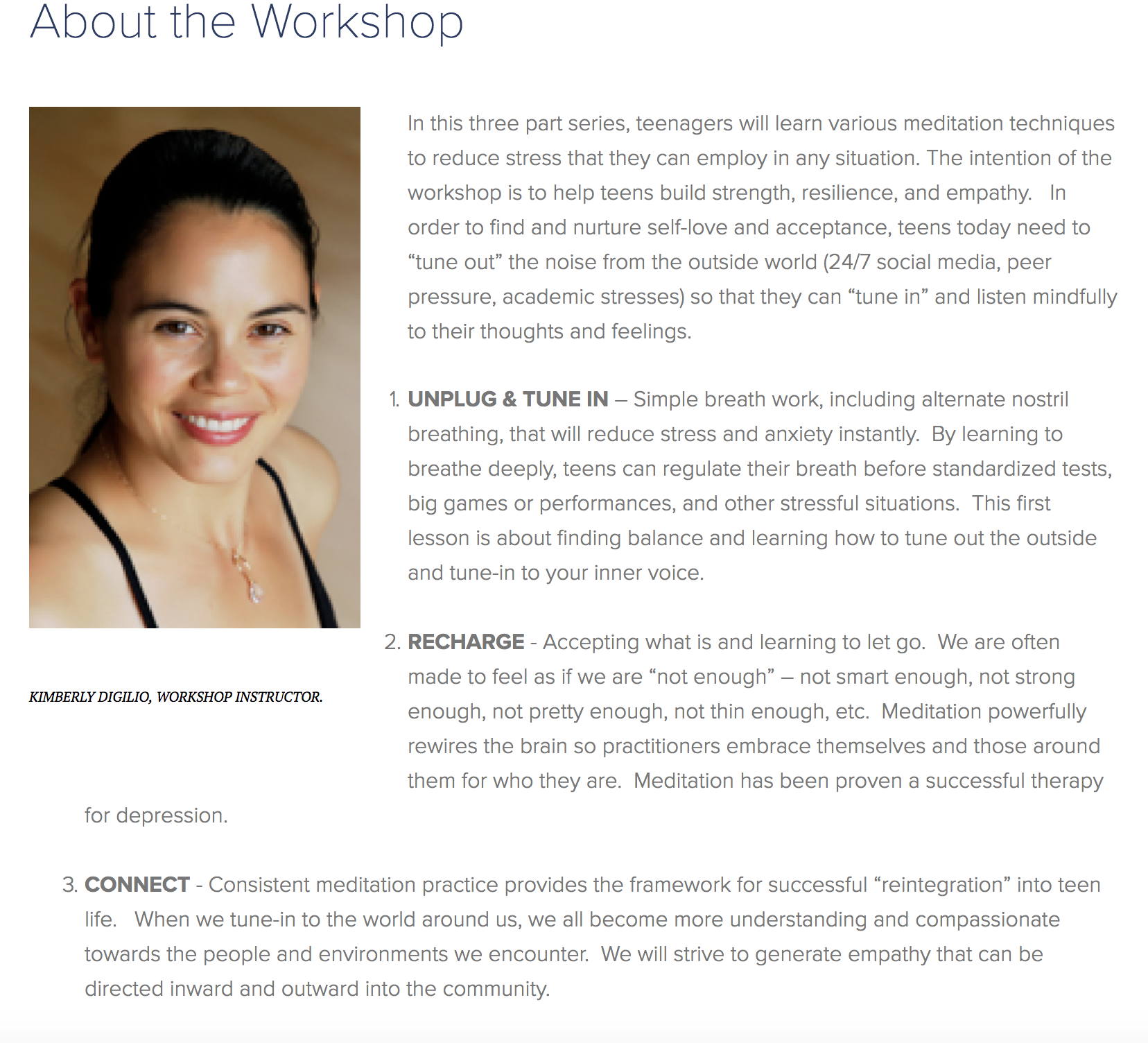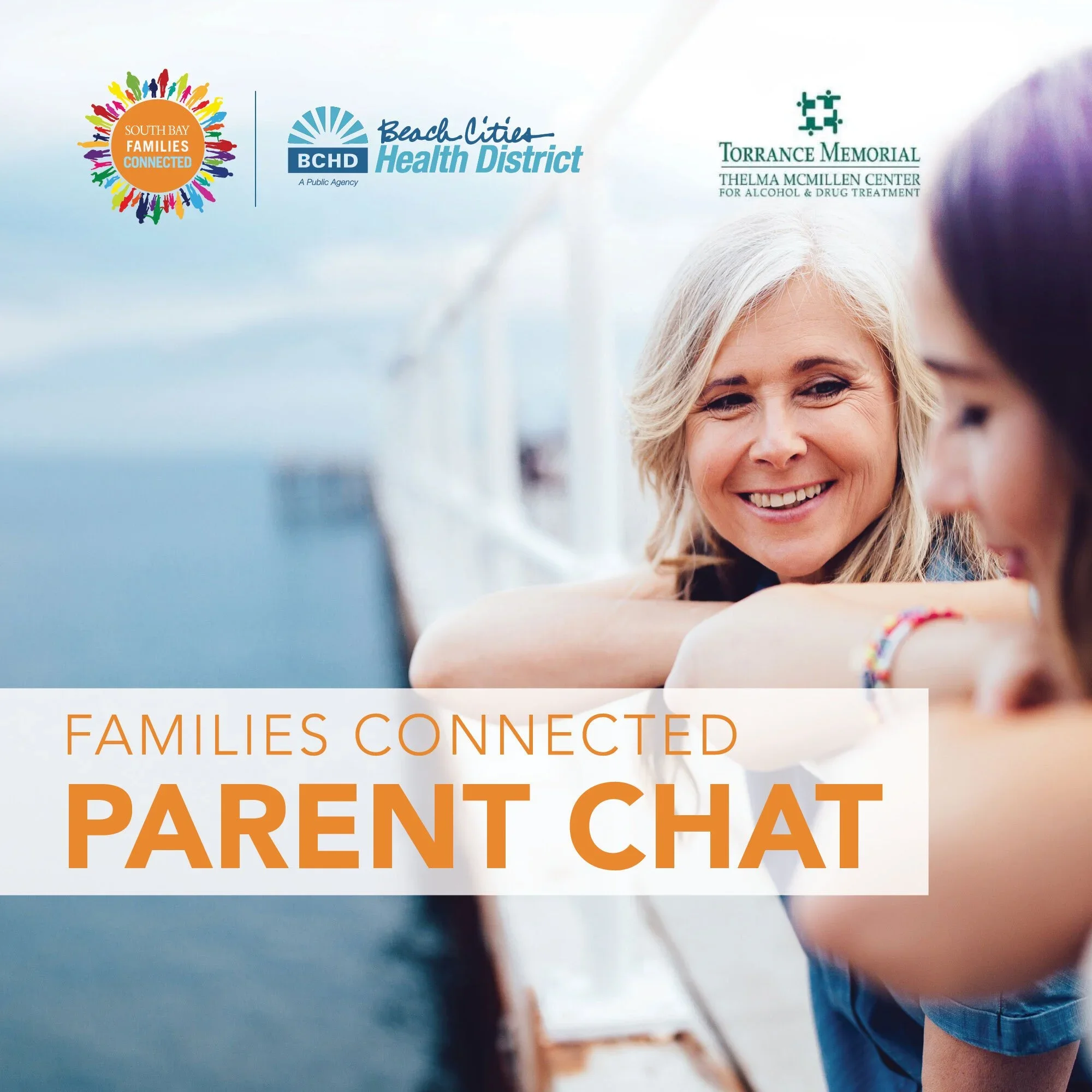Teens, Technology, and Social Media: Is it Time to Examine My Own Habits?
/As a parent trying to teach my children about responsible, balanced use of social media, I have conducted serious soul searching about my own scrolling habits. Am I modeling appropriate behavior? If I am being honest with myself, am I preaching against the very patterns that I myself am guilty of? Just last week, the New York Times featured an article “Silicon Valley Nannies Are Phone Police for Kids,” in which nannies discuss adhering to strict non-technology policies for the children of parents who return home glued to their personal devices.
I admit I use my phone as a crutch to fill gaps in time. It sometimes feels like a Pavlovian response for me to reach for a device to check my email or text messages, even if only 30 seconds has passed since the last time I did so. Is it just my own issue? It can’t be, when the term “text neck” has entered our vernacular, and Google searches for “how to limit screen time” and “screen time addiction” populate Internet histories.
In a very informal and non-scientific study, I have been observing how adults and teens make use of their devices. When I look around, I see people walking, standing, or waiting, heads down, absorbed in an electronic world that blurs out everything around them. I’ve seen people walking their dogs and texting, oblivious to the fact that their pet has just left a messy gift on someone else’s lawn.
I’ve come to a troubling conclusion - that most of us “wiser, more mature” adults model the very same poor behavior we caution our kids against.
We ask our children to be responsible end users of social media. Yet, when I tell my son not to watch TV and scroll through his phone at the same time, guess what? I’ve definitely done that before. We talk to our children about how posts on Instagram are painstakingly curated and filtered to project an image of perfection. My own Instagram feed is littered with posts of envy-inducing vacation photos, carefully edited selfies, and decadent photos of organic, perfectly nutritious meals whipped up in a moment’s notice. I catch myself thinking things like “lucky them that they can go there for a weekend getaway” or “did she just whip that dinner up, in between elementary school pickup and soccer practice drop-off?,” or “that looks like a fun get together of which I am not a part.”
The stuff of social media is a person’s careful projection of how he or she desires to be seen by the world. It’s our resume, our audition tape, our C.V. It’s how we want to be admired. Looked up to. Imitated. Uplifted. Revered. And the fears, doubts, insecurities we feel about ourselves are hidden away, shoved back into the dark corners where only we know how imperfect we are. And we are supposed to think everyone around us lives that perfect, blemish-free life 24/7 when in fact, we all wake up with bed head and morning breath.
We adults are equally prone to FOMO. We can be equally self-critical of the perceived imperfections in our own lives. So we can’t pretend to be above it all. We can’t judge our children on the same issues with which we may also struggle. While on Facebook and Instagram, we can remind them and ourselves that we are only being shown what people want us to see.
Perhaps a truer conversation with our children unfolds when we unplug, tune in, and take a good, hard look at our own habits. And then discuss how INTENTION colors an image - when someone posts a picture of a group hangout, is it his or her intention to share in a funny moment, to cherish a friendship, to celebrate an accomplishment? Or is it about filling a personal need to be complimented, flattered, adored? How much do you scroll and judge, how much do you edit and filter?
I encourage us all to hit the pause button - put down your phones and observe what is happening around you. Without judgment, notice your own itch to pick up the phone. Notice that no one looks up and around. You might just recognize some of your own habits that need breaking.
Ultimately, you have to be willing to examine your relationship with your devices and social media. It is this honesty that will ignite meaningful discussion with your children about the 24/7 pressures we humans feel to constantly edit and filter our lives. Instead of “do as I say, not as I do,” our kids will feel like we support them without judgment, and they are open to partnership and meaningful connection. At the end of the day, isn’t that what we all want?
By Kim Digilio
Kim is a workshop leader for South Bay Families Connected. Check out events calendar for past and upcoming workshops with Kim and others.





